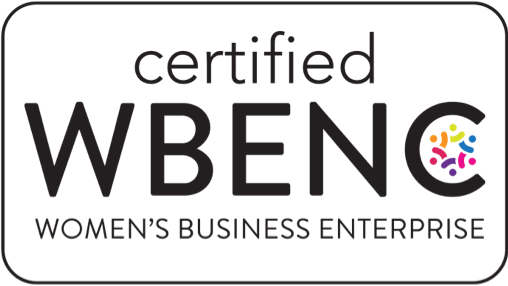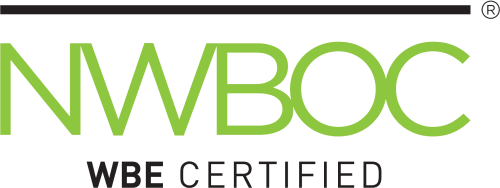Case study: Emergency management
Using scenario-based planning to redefine readiness in emergency response

Table of contents
With disasters becoming more frequent, severe, and complex, an emergency management agency needed to modernize its definition of readiness. As part of this effort, the agency partnered with Eagle Hill to establish a readiness tracking and reporting capability. The project expanded over time to adjust for the impact of the COVID-19 pandemic. Throughout the engagement, Eagle Hill conducted business intelligence, engaged senior leadership, and delivered actionable insights through scenario-based planning, wargames and strategic readiness.

Goal
Define what “ready” means across the agency to create a shared baseline for identifying resource gaps, building readiness metrics, and taking actionable steps toward a more agile and effective response posture.
Unconventional consulting—and breakthrough results
When faced with the question of what it means to be “ready” in the years after the record-breaking Hurricane Season of 2017, Eagle Hill suggested an unconventional approach—using adaptive scenario planning through a wargame. Using data from interviews with over 40 senior agency leaders, Eagle Hill designed a game that reflected real-world complexities such as resource constraints, public sentiment, and the political climate. The game evolved based on previous moves, reflecting the realities faced during response and recovery operations. Using the game design and data inputs, Eagle Hill translated the concept of readiness into actionable guidance for planning and decision making at the senior leadership level.
The challenge: Unclear definition of readiness hinders emergency response
Defining readiness is critical—but hard to do. As the emergency management landscape got more complex, existing baselines and standardized measures of readiness no longer applied. Without a standard understanding of readiness, it was difficult to allocate resources, make informed decisions, and conduct scenario-based planning during disaster response. The onset of the pandemic raised the stakes for defining and measuring strategic readiness across a distributed and evolving emergency response landscape.
What is readiness?
In emergency preparedness, readiness refers to the ability to effectively respond to a disaster or emergency through continuous planning. Readiness involves having the necessary resources, communication systems, and trained personnel to effectively implement an emergency plan.
Roadmap to competitive advantage: Wargames and scenario-based planning
Defining readiness is deceivingly complex. There is a lot of nuance to understand and input to gather. This is why our approach was driven by data and informed by insight from leaders. We developed a scenario-based strategy tailored to the agency’s unique dynamics to define and operationalize readiness. As part of our work together, we:
Grounded our analysis in real-world data. We analyzed the agency’s recent hurricane season response and initial pandemic response to identify high-demand, low-availability resources such as personnel, teams, and equipment.
Collected firsthand perspectives from leaders. We interviewed more than 40 leaders to uncover how they define readiness, make decisions, and interpret situational awareness during crises.
Built immersive and informed wargames. Our team synthesized findings to design realistic disaster scenarios and game materials for seminar-style wargames and leadership offsites. When the pandemic delayed in-person gameplay, we pivoted to deliver readiness reports and facilitate virtual strategic offsites with agency leadership.
What are wargames?
Wargames are a training tool that simulate real-world emergencies. They are intended to enable participants to test plans, policies, and strategies, and practice collaborating and making decisions under pressure.
Went beyond traditional strategy. We used the wargame framework as a foundation to guide leadership through an in-depth discussion of their mission space and future-state readiness.
Continually supported strategic clarity. After each engagement, we provided summary reports with practical, prioritized next steps and recommendations for evolving the readiness program.
Our wargaming and strategic readiness support helped the agency modernize its understanding of readiness from both strategic and operational perspectives. Today, the readiness offsite and scenario-based frameworks are cornerstones of the agency’s readiness planning and decision-making approaches.

